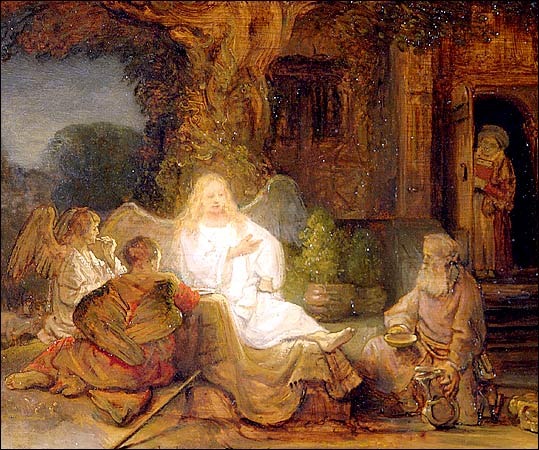|
Raph(Φ)
Raphael is a given name derived from the Hebrew ''rāp̄ā'ēl'' (רָפָאֵל) meaning "God has healed". Raphael is one of the archangels according to Abrahamic tradition. The angel Raphael appears in the Book of Tobit, considered deuterocanonical by the Roman Catholic and Eastern Orthodox churches and apocryphal by Protestants. Popularized in Western Europe, the name can be spelled Raphael, Raphaël, Rafael, Raffael, Raffaello, Raffiel, Refoel, Raffaele, or Refael depending on the language. The name is attested as far back as c. 1350 BC, appearing in a letter of Pabi, Prince of Lachish in center Israel, to Pharaoh Akhenaton ("Now have I sent you Rapha-el."). Usage of the name in the Anglosphere has been primarily among Roman Catholics. English Puritans considered it sacrireligious to name a child for an angel. United States census records show that men with the name Rafael or Raphael lived primarily in Spanish-speaking or French -speaking areas. The name has increased in use ... [...More Info...] [...Related Items...] OR: [Wikipedia] [Google] [Baidu] |
Raphael (archangel)
Raphael ( , ; "God has healed") is an archangel first mentioned in the Book of Tobit and in 1 Enoch, both estimated to date from between the 3rd and 2nd century BCE. In later Jewish tradition, he became identified as one of the three heavenly visitors entertained by Abraham at the Oak of Mamre. He is not named in either the New Testament or the Quran, but later Christian tradition identified him with healing and as the angel who stirred waters in the Pool of Bethesda in John 5:2–4, and in Islam, where his name is Israfil, he is understood to be the unnamed angel of Quran 6:73, standing eternally with a trumpet to his lips, ready to announce the Day of Judgment. In Gnostic tradition, Raphael is represented on the Ophite Diagram. Origins in post-exilic literature In the Hebrew Bible, the word () means messenger or representative; either human or supernatural in nature. When used in the latter sense it is translated as "angel". The original mal'akh lacked both individua ... [...More Info...] [...Related Items...] OR: [Wikipedia] [Google] [Baidu] |
